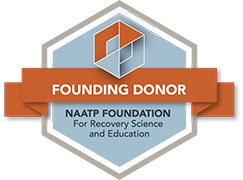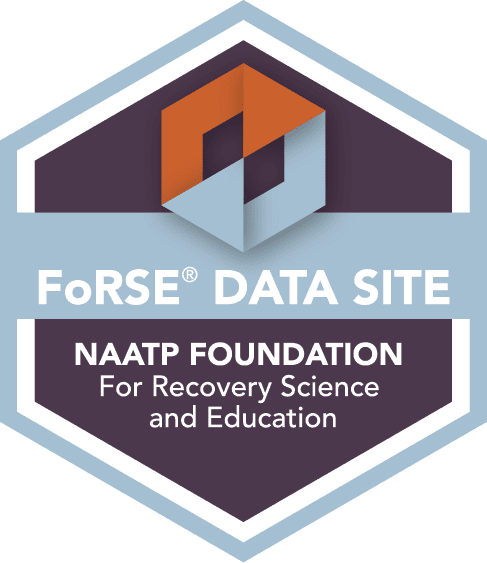Why Don’t People Seek Help for Mental Illness?
 Awareness of mental illness and the need for treatment has been growing in recent years. This is in large part due to campaigns designed to raise awareness of depression, addiction, bipolar disorder, and suicide, as well as more celebrities being open about their own mental health struggles. Despite this progress, many people who need help for a mental health issue don’t seek it. A study by the World Health Organization, or WHO, found that between 30 and 80 percent of people with mental health issues don’t seek treatment. This includes 50 percent of people with bipolar disorder, 55 percent of people with panic disorder, 56 percent of people with major depression, and a stunning 78 percent of people with alcohol use disorder. With mental health issue being more visible than ever and care being more available, why do relatively few people seek help?
Awareness of mental illness and the need for treatment has been growing in recent years. This is in large part due to campaigns designed to raise awareness of depression, addiction, bipolar disorder, and suicide, as well as more celebrities being open about their own mental health struggles. Despite this progress, many people who need help for a mental health issue don’t seek it. A study by the World Health Organization, or WHO, found that between 30 and 80 percent of people with mental health issues don’t seek treatment. This includes 50 percent of people with bipolar disorder, 55 percent of people with panic disorder, 56 percent of people with major depression, and a stunning 78 percent of people with alcohol use disorder. With mental health issue being more visible than ever and care being more available, why do relatively few people seek help?
Stigma.
Despite the progress in recent years of bringing to light the importance of mental health care, many people are afraid of being stigmatized if they admit they need help. It’s great that Dwayne “The Rock” Johnson, for example, spoke out about his struggles with depression, to let people know it can happen to anyone and that depression is not a sign of weakness, but he didn’t have to risk much to do so. He’s a rich movie star who can push over a garbage truck. Most people struggling with mental illness are in a less secure position. Already unsure about themselves and their position in life, it’s hard to risk precious social and professional capital to seek help. Admitting your problem to your doctor, spouse, or even yourself can be difficult.
They don’t think they need it.
There are several ways someone who needs mental health care might not know it. First, is simply denial. The implications of admitting a mental illness and seeking help are too great to comprehend. If they recognize the problem at all, they come up with reasons they don’t need help.
The second way people can be unaware they need help is they simply aren’t aware that what they’re experiencing is a recognized mental health issue that can be effectively treated. You only really know what it’s like to be you. There’s really no way to compare your mental state to someone else’s. If you’ve had a certain disorder since you can remember, it might not occur to you to seek help. This can happen with many mental health issues, including persistent depressive disorder, social anxiety disorder, avoidant personality disorder, ADHD, and others.
The third way people can be unaware they need help is a condition called anosognosia. This typically occurs in about half of people with schizophrenia and other psychotic disorders. They are essentially so impaired by their illness that they are unaware there’s anything wrong.
Their conditions make it hard.
Many conditions can make seeking help hard for many different reasons. Even if someone with depression thinks change is possible, finding a therapist and making an appointment might fall under the category of “impossible tasks”–tasks that aren’t a big deal under normal circumstances, but unbearably difficult when you’re depressed. Social anxiety disorder can make the prospect of telling your doctor about your problem or calling a therapist to set up an appointment extremely intimidating. Just as it’s almost impossible to drive yourself to the hospital when you have a bad flu, having a mental illness can make it extremely hard to seek treatment on your own initiative. This is why the support of friends and family is so important and why we need public programs to help people without that support.
There are practical issues.
There are a number of practical issues that can make it hard to get mental health care. One is simply availability. This is especially true in rural areas. These areas are often medically underserved and the situation for mental health care and addiction treatment is even worse. Older people are especially affected by this issue since many can’t drive and have trouble getting around. The spread of telemedicine may be one way to ameliorate this issue, as well as more outreach programs and expanded home health care.
Paying for treatment is sometimes an issue as well. Although most insurers cover mental health to some degree now, not everyone has insurance. What’s more, young adults, who are less likely to have insurance, are also at higher risk for addiction and other mental health issues. And some lower-income populations face unique pressures that can increase the chances of mental illness. The good news is that many therapists charge on a sliding scale and some clinics offer free or low-cost therapy.
They are scared of treatment.
Someone who has not been treated for a mental health issue might have some pretty strange ideas about how it’s done. There’s the old Freudian stereotype of the patient lying on the couch describing his dreams for an hour every day while the therapist listens silently. There are also more disturbing conceptions, such as the old-fashioned lobotomies or electroconvulsive therapy. Some people may simply fear the vulnerability of telling a stranger their problems. In reality, therapy is nothing to be scared of. The setting is quite relaxed and you don’t have to discuss anything you’re not comfortable with. Treatment often involves some kind of medication too, which may require some trial and error to get right. However, most people benefit from treatment to some degree, and many people notice significant improvements in a relatively short time.
Established in 1939, High Watch is the world’s first 12-Step treatment center. Every individual who walks through our doors joins a definitive culture of compassion, dignity, and respect from a genuinely caring staff dedicated to seeing the disease of addiction find remission. Providing proven therapeutic approaches and comprehensive 12-Step education, patients leave High Watch with the confidence to maintain abstinence and live a healthy, happy, sober life. Start your journey today by calling 860.927.3772.









